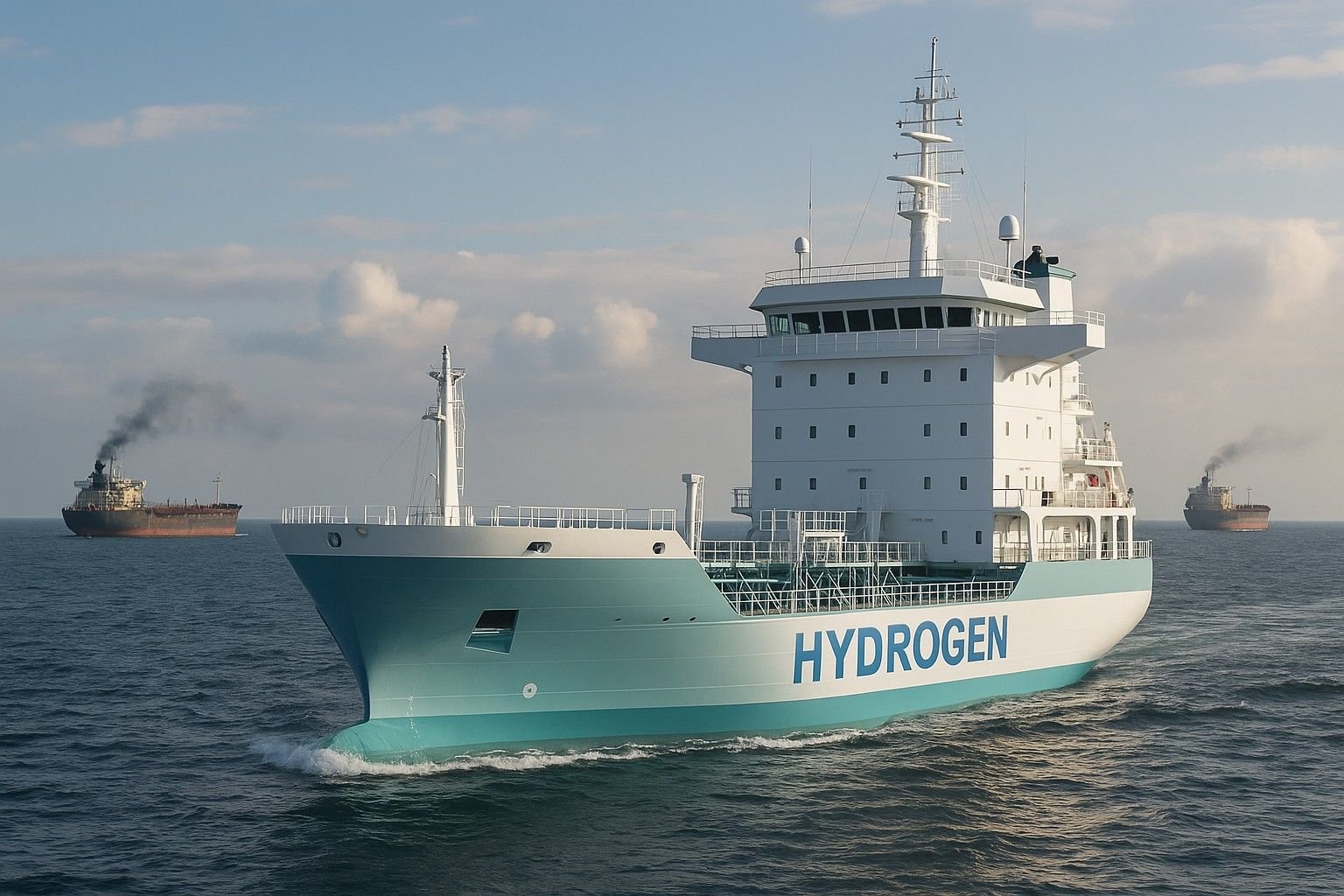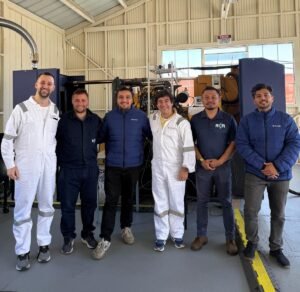Spanish energy company Repsol has approved the construction of its first large-scale renewable hydrogen plant at its Cartagena industrial complex in eastern Spain, with operations expected to start in 2029.
The €300 million project, developed in partnership with Enagás Renovable, will install a 100 MW electrolyser capable of producing up to 15,000 tonnes of renewable hydrogen per year.
Repsol said the plant will avoid as much as 167,000 tonnes of CO₂ emissions annually, equivalent to two-thirds of the emissions from Spain’s entire fleet of pure electric vehicles in 2024.
The facility has been recognised as a Project of Common European Interest (IPCEI) by the European Commission and the Spanish government, securing €155 million in public funding through the Institute for the Diversification and Saving of Energy (IDAE). Enagás Renovable will hold a 25% stake in the development.
The company added that future phases could allow renewable hydrogen from Cartagena to be injected into the national gas grid and the planned Spanish Hydrogen Backbone.
Repsol is the largest producer and consumer of hydrogen on the Iberian Peninsula, accounting for 60% of Spain’s production and 4% of Europe’s consumption. The company currently produces around 360,000 tonnes of hydrogen per year at its industrial complexes.
Enagás Renovable, which holds a portfolio of 20 projects in Spain, focuses on renewable gases and decarbonisation initiatives, including biomethane and hydrogen.








